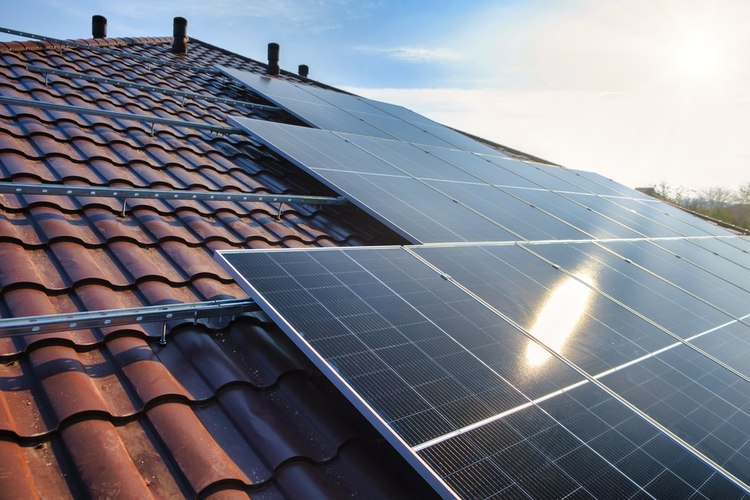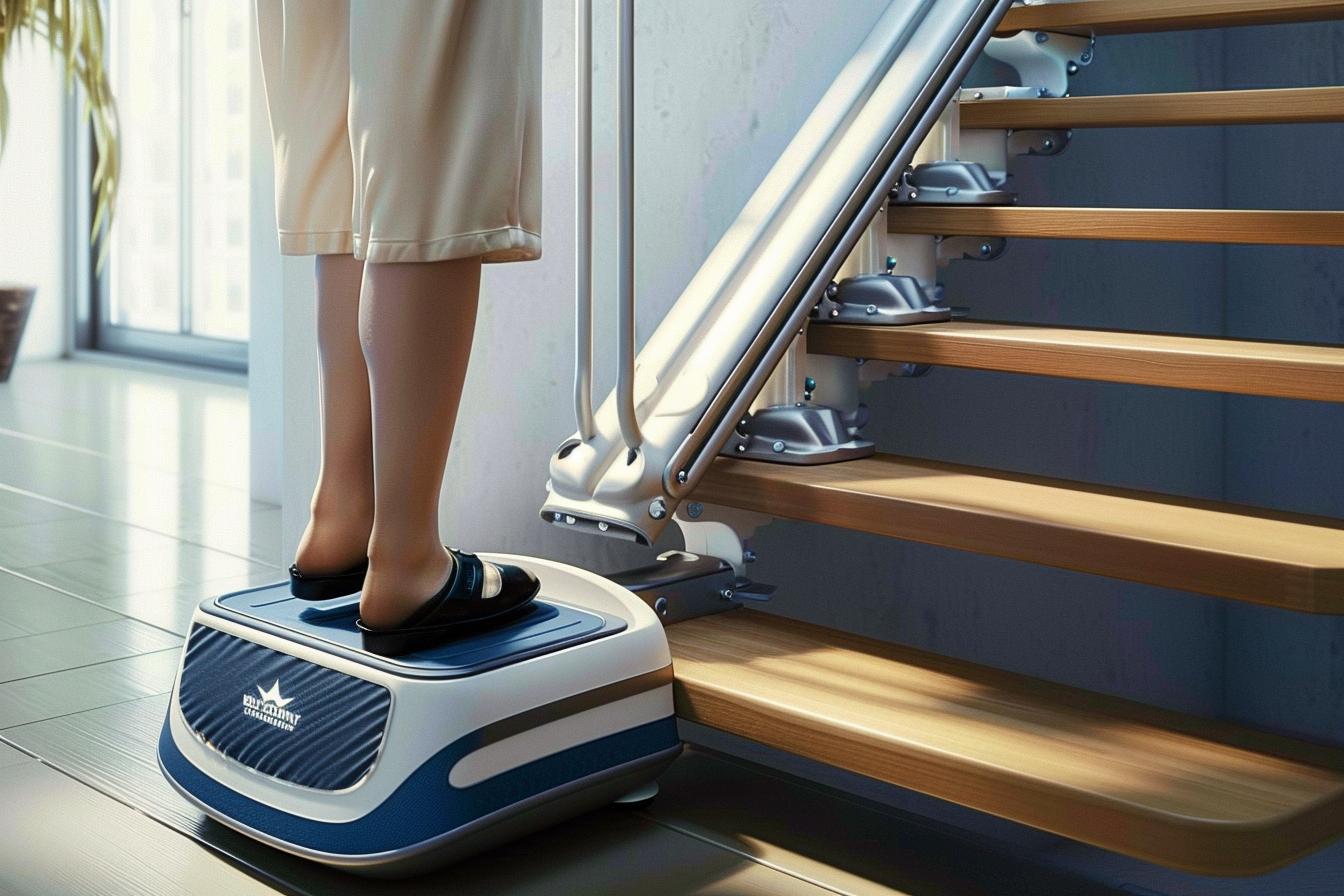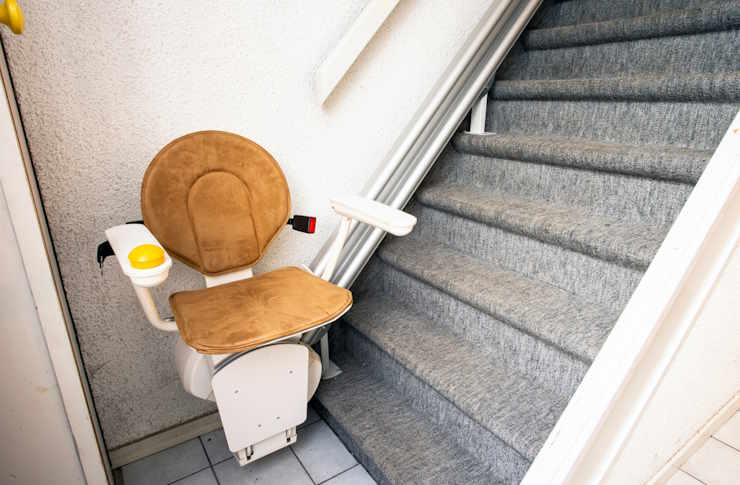The Clear Choice: Understanding Water Filters for Your Home
Water is essential for life, and ensuring that the water we drink is clean and safe is a top priority for many households. Water filters have become increasingly popular as a solution to improve water quality at home. This article will explore the world of water filters, their importance, and how they can benefit your household.

-
Chlorine and other disinfectants
-
Heavy metals like lead and mercury
-
Bacteria and parasites
-
Pesticides and herbicides
-
Sediment and rust particles
By using a water filter, you can significantly reduce your exposure to these contaminants, potentially improving your health and enhancing the taste of your water.
How do different types of water filtration systems work?
There are several types of water filtration systems available for home use, each employing different technologies to purify water:
-
Activated carbon filters: These use a bed of activated carbon to adsorb impurities, effectively removing chlorine, sediment, and organic compounds.
-
Reverse osmosis systems: These force water through a semipermeable membrane, removing a wide range of contaminants, including dissolved solids and heavy metals.
-
UV purification: Ultraviolet light is used to disinfect water by destroying bacteria, viruses, and other microorganisms.
-
Ion exchange: This method is particularly effective at softening hard water by replacing calcium and magnesium ions with sodium or potassium ions.
-
Ceramic filters: These use a porous ceramic material to trap particles and bacteria, making them effective for removing biological contaminants.
Each system has its strengths and is suited for different water quality issues, so it’s essential to choose the right type for your specific needs.
What are the benefits of using a water filter at home?
Installing a water filter in your home can provide numerous benefits:
-
Improved taste and odor: Filters remove chlorine and other substances that can affect the taste and smell of your water.
-
Reduced exposure to contaminants: By filtering out harmful substances, you can lower your risk of exposure to potential health hazards.
-
Cost savings: While there is an initial investment, using a water filter can be more cost-effective than buying bottled water over time.
-
Environmental impact: Reducing reliance on bottled water helps decrease plastic waste and your carbon footprint.
-
Convenience: Having clean, filtered water on demand is more convenient than purchasing and storing bottled water.
-
Better for appliances: Filtered water can extend the life of appliances like coffee makers and ice machines by reducing scale buildup.
How do you choose the right water filtration system for your home?
Selecting the appropriate water filter for your home depends on several factors:
-
Water quality: Have your water tested to identify specific contaminants you need to address.
-
Filtration needs: Determine whether you need whole-house filtration or point-of-use filters for specific taps.
-
Water consumption: Consider your household’s daily water usage to ensure the system can handle your needs.
-
Maintenance requirements: Some systems require more frequent filter changes or professional servicing than others.
-
Budget: Factor in both initial costs and long-term maintenance expenses.
-
Certification: Look for filters certified by reputable organizations like NSF International or the Water Quality Association.
By carefully considering these factors, you can choose a water filtration system that best suits your household’s needs and budget.
What are some popular water filter options and their features?
| Product/Service | Provider | Key Features | Cost Estimation |
|---|---|---|---|
| Pitcher Filter | Brita | Activated carbon filtration, easy to use, affordable | $20 - $40 |
| Faucet-Mounted Filter | PUR | NSF-certified, easy installation, multiple filtration stages | $30 - $50 |
| Under-Sink RO System | APEC | 5-stage filtration, high contaminant removal rate, space-saving | $200 - $400 |
| Whole-House Filter | iSpring | High capacity, sediment and carbon filtration, extends appliance life | $300 - $600 |
| Countertop Filter | Aquasana | Compact design, no installation required, multiple filtration stages | $70 - $150 |
Prices, rates, or cost estimates mentioned in this article are based on the latest available information but may change over time. Independent research is advised before making financial decisions.
These popular water filter options cater to different needs and budgets. Pitcher filters like Brita are affordable and easy to use, making them a popular choice for many households. Faucet-mounted filters from PUR offer convenient, point-of-use filtration without the need for extensive installation. For those seeking more comprehensive filtration, under-sink reverse osmosis systems like those from APEC provide thorough contaminant removal. Whole-house filters, such as iSpring’s offerings, treat all water entering the home, benefiting both drinking water and appliances. Countertop filters like Aquasana’s models offer a balance between effectiveness and convenience without requiring installation.
Water filters play a crucial role in ensuring the quality and safety of our drinking water. By understanding the different types of filtration systems available, their benefits, and how to choose the right one for your home, you can make an informed decision to improve your water quality. Whether you opt for a simple pitcher filter or a comprehensive whole-house system, investing in a water filter can lead to better-tasting water, potential health benefits, and peace of mind for you and your family.




